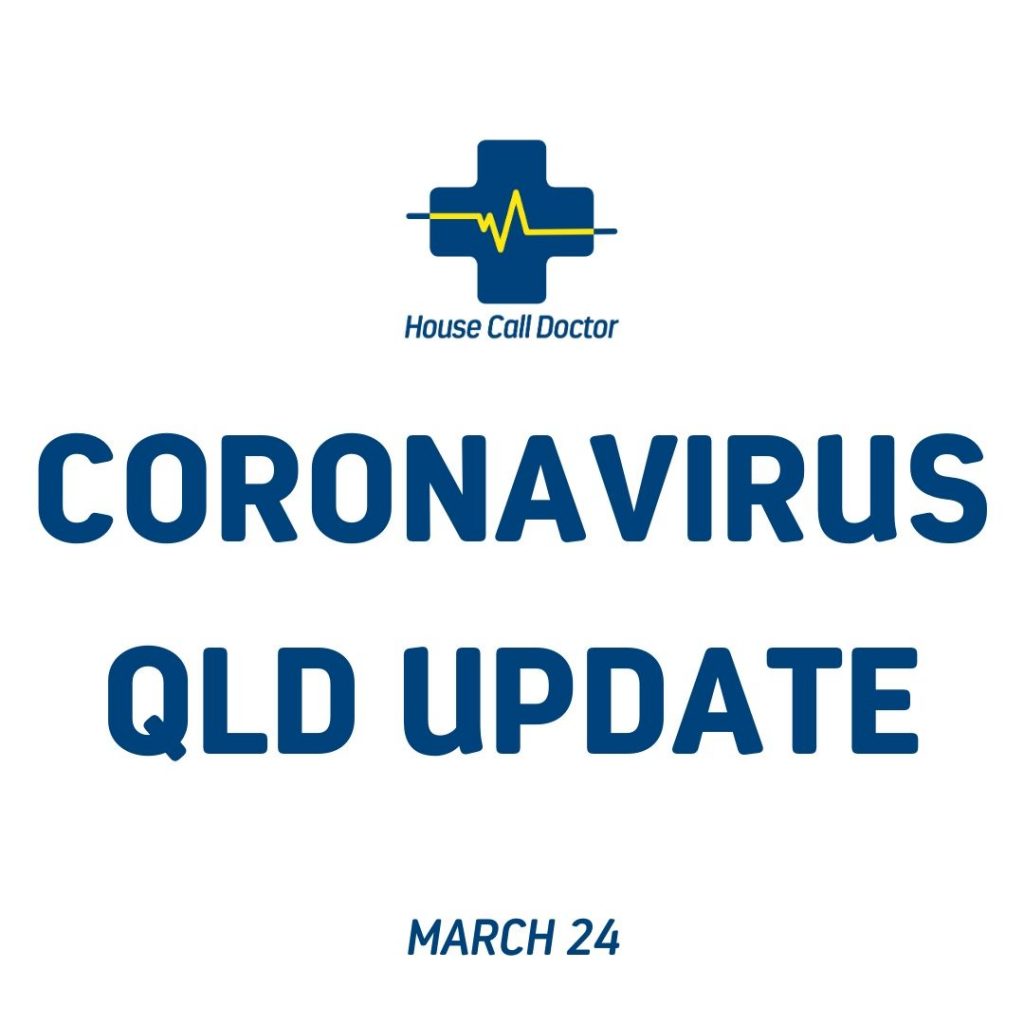


As of Tuesday 24th March, the total number of Queensland confirmed COVID-19 cases is now 397, with 78 new cases recorded overnight. Here is what the State Government is doing to contain the spread of coronavirus and help Queenslanders through the crisis.
QLD Shuts borders
Queensland will close its border from midnight Wednesday 25th March. Anyone travelling into Queensland will be required to self-quarantine for 14 days.
In a press conference, Queensland Premier Annastacia Palaszczuk revealed measures put in place to monitor the closure of the borders. These are:
- Road closures and police checks on vehicles on major highways
- Advice to aircraft passengers at departure point that travellers to Queensland will be required to self-isolate for 14 days
- Travellers arriving to be met by police and other offices at airports
- Termination of rail services.
Penalties include fines of up to $13,345. There will be exemptions for essential work which includes freight, emergency vehicles and workers, and also for those who must travel as a result of court orders, on compassionate grounds and for medical treatment.
The State Government is still working on a way to identify people who are wanting to cross the border. The State Disaster Coordinator Steve Gollshewski said, “Trying to find something really simple to be able to identify those cars that can come through so that people can get through really quickly.”
The Premier said restricting travel, avoiding personal contact and staying in our homes and suburbs would help to slow down and stop the spread of the virus. “People should stay in their own States and in their own suburbs, that applies to Queensland as well. People in the South-East should not travel to other parts of the State. Do not go on holidays. Do not travel unless absolutely necessary,” she said.
Introduction of new response package
The QLD Government has also announced a new $4 billion. $300 million has been put aside for households, including a $200 rebate on power and water charges.
The package also includes:
- $2.5 billion for workers and business owners, with up to $500 million to help those who lose their livelihoods
- $1.2 billion for health
- Two-month refund on payroll tax for businesses
- Three-month payroll tax break
- Six-month payroll tax deferral
- Liquor licensing fees waived for venues forced to close
- Rent relief on State-owned premises.




